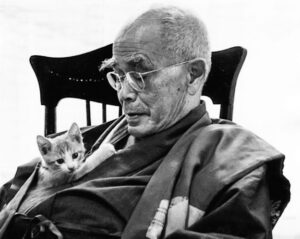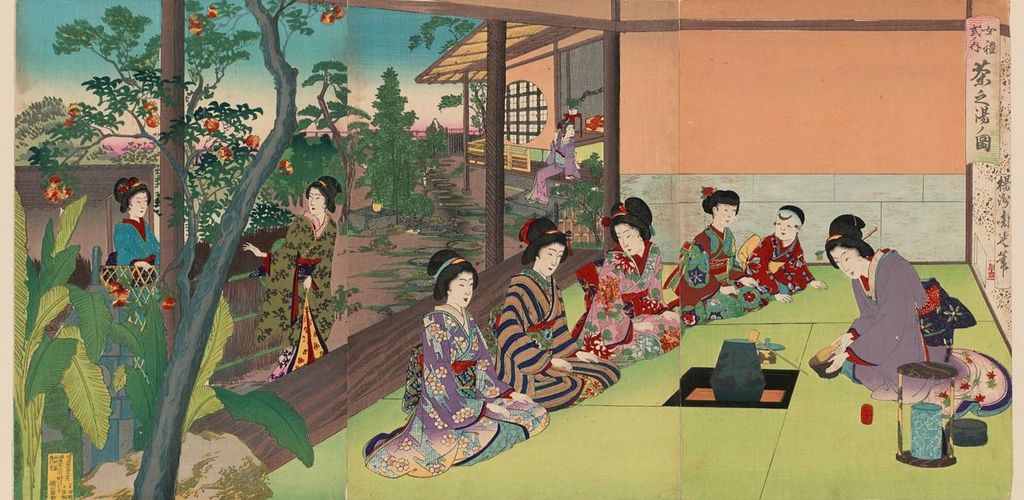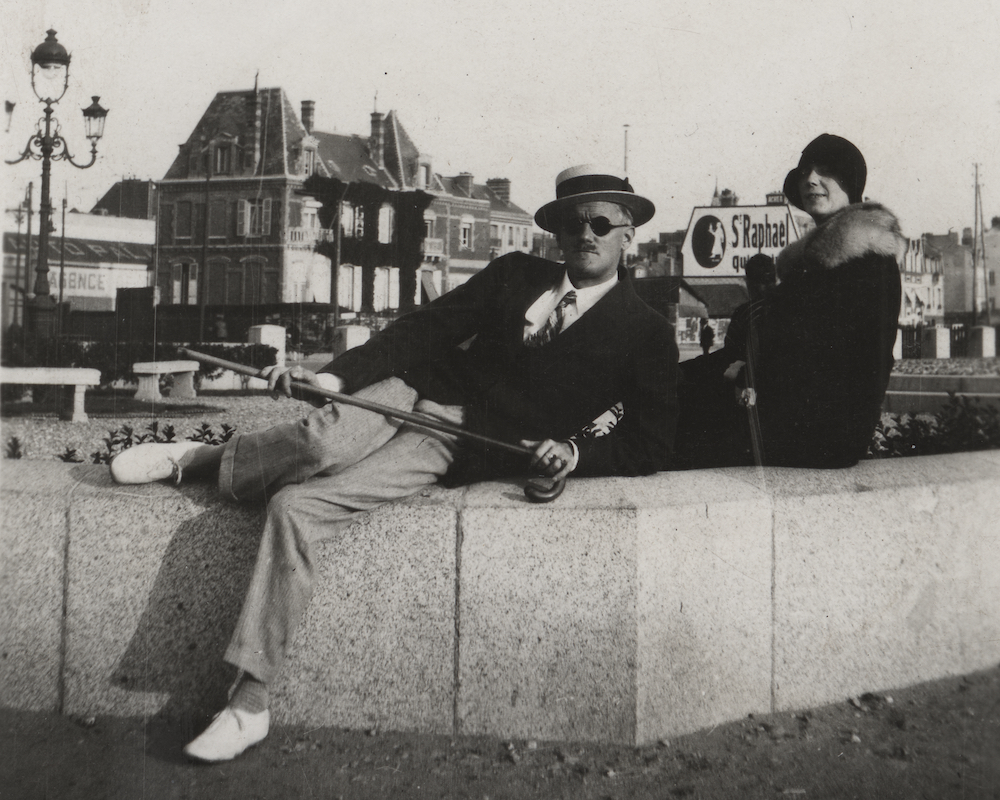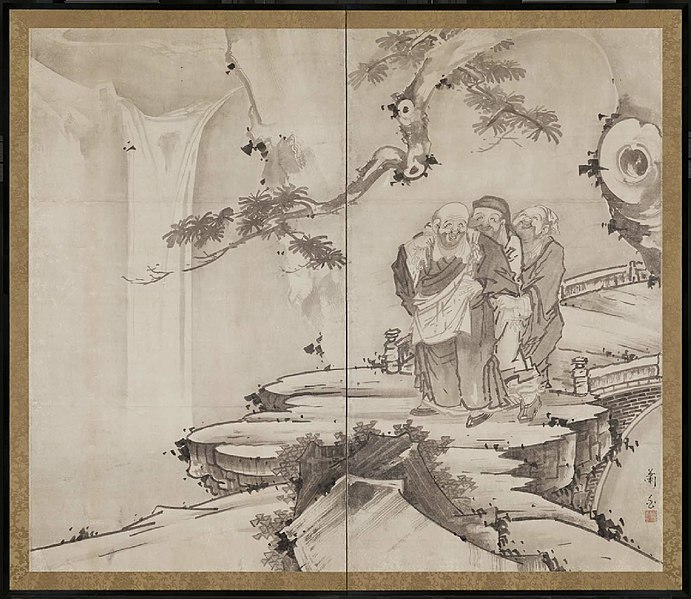D. T. Suzuki, a key figure in bringing Zen to the West, made an intriguing comment: that one contrast between Zen Buddhism and Christianity can be clearly seen in what the two religions use as sacramental substances—tea vs. wine.

Tea sharpens the mind and stills the emotions while wine, in both cases, does just the opposite. To quote Suzuki directly:
“Tea keeps the mind fresh and vigilant, but it does not intoxicate.”
This makes me wonder whether Suzuki suffered a misconception here, for sacramental wine is imbibed by the jigger and not the Jeroboam.
As for Chado, the way of tea —

This is a ritual that over the centuries has been so deepened and refined that the tea ceremony became, and is, a living art form of beautifully nuanced simplicity.
茶道
Chado
Given the long and rich association of Bread and Wine, such as the Holy Eucharist, it’s interesting to observe that grape seeds and grains of wheat display a dipolar theme: the grape seed displays a distinctly phallic shape while a grain of wheat reveals the cloven contours of the female pudendum.
Here, in a natural symbolism, are male and female, yin and yang. This is something I learned not from Playboy magazine but from the great Bulgarian mystic, Omraam Mikhael Aivanhov.
Speaking of wine, one other observation:
A common saying has it that in vino veritas, but the great Irish writer James Joyce has suggested that there is more truth in the phrase in risu veritas, “in laughter there is truth.”

And Johan Huizinga, in his book Homo Ludens, writes: “It is worth noting that the purely physiological act of laughing is exclusive to man . . . The Aristotelian animal ridens (‘laughing animal’) characterizes man as distinct from the other animals almost more absolutely than homo sapiens.”

(虎溪三笑)
Pictures and statues of the Laughing Buddha are all over the place, but there seems to be little emphasis on the Laughing Jesus, in spite of a fine book by Elton Trueblood called The Humor of Christ. My copy has this caption under the title on the front cover — “A bold challenge to the traditional stereotype of a somber, gloomy Christ.”
Note: Suzuki’s comment is in his book, Zen and Japanese Culture, p. 273.
HyC